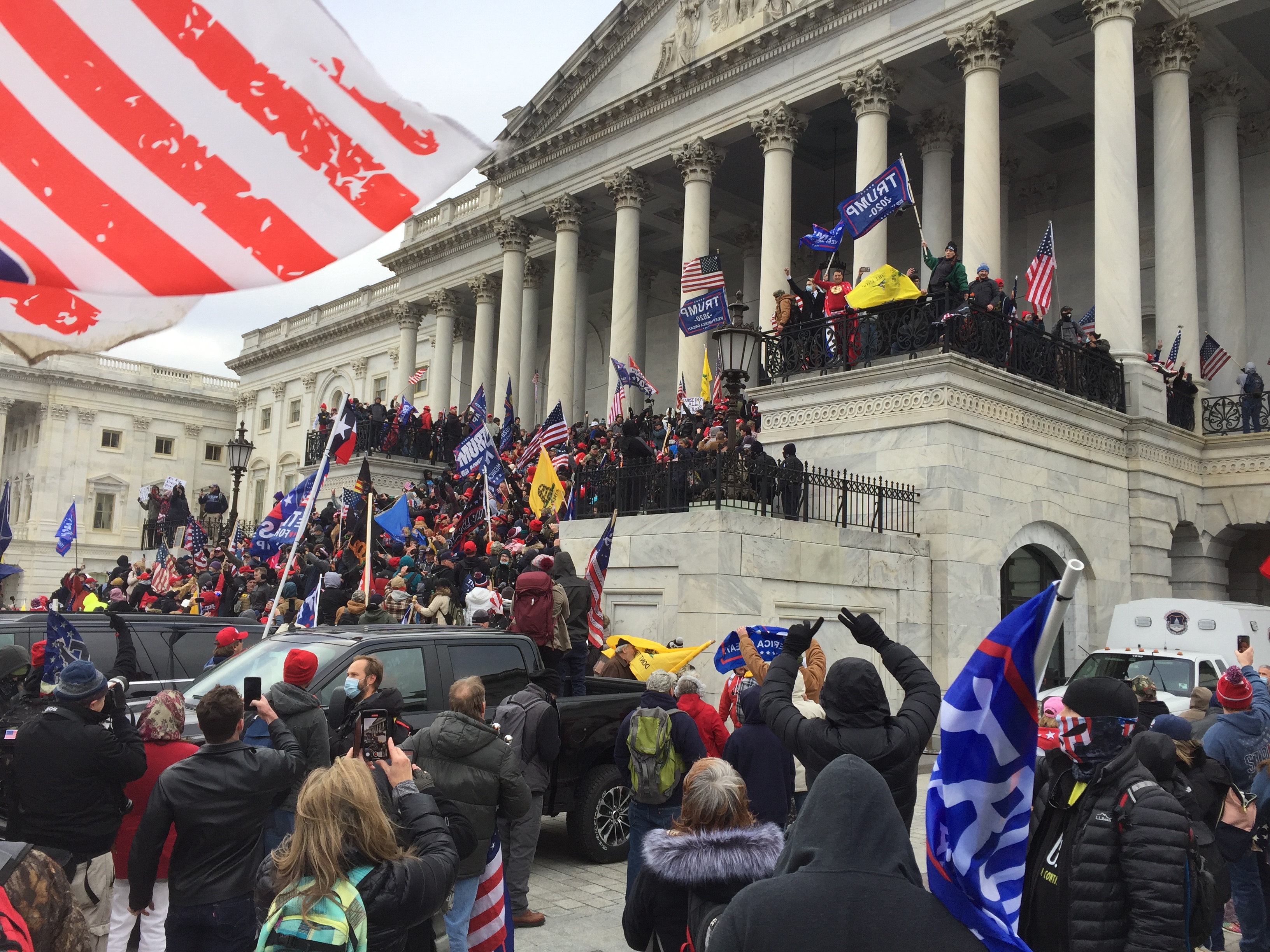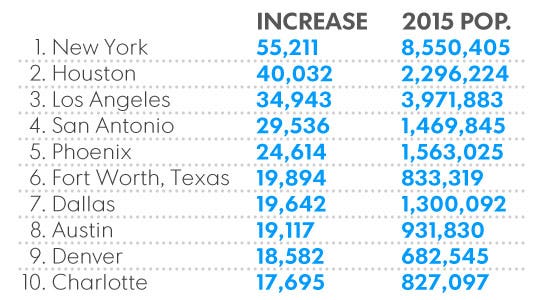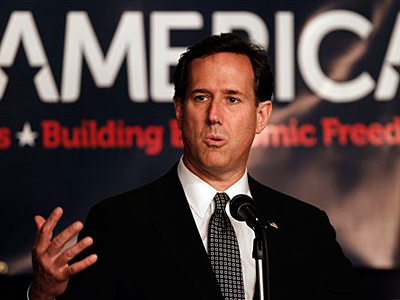<>
Under the United States’ federal form of government, elections are administered by the states. Why are state constitutions being left out of the picture?
The Colorado Supreme Court has put state courts front and center for 2024, ruling Donald J. Trump ineligible for the ballot in Colorado, pending appeal to the U.S. Supreme Court.

As everyone not living under a rock knows, at issue is Section 3 of the 14th Amendment:
Constitution of the United States
Shortened to pertinence, the section reads,
“No person shall […] hold any office, civil or military, under the United States, […] who, having previously taken an oath […] as an officer of the United States […] to support the Constitution of the United States, shall have engaged in insurrection or rebellion against the same[.]”
The section seems clear to a non-lawyer but is being characterized as vague or not spelled out. Setting aside definition of “officer of the United States” for now, the key term is insurrection.
The U.S. Constitution itself refers to insurrection only briefly—very, very briefly—in enumerating powers of Congress: in Section 8, Congress can call forth the militia to “suppress insurrections.”
No definition is given for “insurrections,” suggesting that none was considered necessary; and suppressing insurrections is a power of Congress, not only of the Commander in Chief. (Sadly, the D.C. Code states that local authorities in Washington, D.C., can call upon the Commander in Chief for help in suppressing riots. An update may be needed.)
The brief statement on insurrection in the U.S. Constitution is reinforced by state constitutions. This is not a federal-government-versus-state-government issue.
For the record, the state constitutions of Colorado, Iowa, Maryland, Virginia, North Carolina, South Carolina, Texas, Florida, Oklahoma, Utah, Wyoming, Mississippi, Alabama, Louisiana, Idaho, New Mexico, Nevada, and Arizona all refer to “insurrection,” not favorably but as a self-evident ill to address. So do the constitutions of Pennsylvania, New Jersey, and Massachusetts.
I have not gotten to the other 29 state constitutions yet, but so far an unshakeable pattern has emerged. To summarize, in the states named, without exception,
- The governor has power to suppress insurrection.
- The state can take on public debt and/or appropriate funds against insurrection.
In regard to public debt and insurrection, North Carolina goes farther.
Section 3 (4): “Certain debts barred. The General Assembly shall never assume or pay any debt or obligation, express or implied, incurred in aid of insurrection or rebellion against the United States.”
Section 4 (4): “Certain debts barred. No county, city or town, or other unit of local government shall assume or pay any debt or the interest thereon contracted directly or indirectly in aid or support of rebellion or insurrection against the United States.”
Variations of language do not disrupt the patterns, the state powers to address insurrection. For example, the governor can call out the state militia and put down insurrection even where, as in South Carolina, Arkansas, or Pennsylvania, the same section does not explicitly designate him “commander in chief.”
Also, for whatever historical reasons, the state constitutions of Texas, Alabama, Louisiana, Maryland, and Arizona do not contain the word “rebellion,” often in other states associated with “insurrection” or “invasion.” But as said, they all address “insurrection.”
There are two more overall patterns to mention here.
- Many state constitutions—though not all—say that the right of habeas corpus shall not be suspended except in connection with insurrection, rebellion, or invasion. The state constitutions of Texas, Alabama, Louisiana, Arizona, and Maryland do not have this provision but say flatly that habeas corpus shall not be suspended.
- No state constitution uses the word “convicted” in connection with insurrection, rebellion, or invasion. (If an example turns up, I will include it in a later post.)
With all due deference to Rep. Phillips, none of the references to insurrection or rebellion in any state constitution say anything about being convicted. When the word “convicted” is used about public officials, it mainly refers to offenses like bribery and embezzlement.
Obviously, some state constitutions were written or rewritten after the Civil War, with the Confederacy in mind, although provisions against insurrection pre-dated the Civil War in older states. There was little need for conviction on Civil War actions, when the actions were highly public; the identities of Jefferson Davis et al. were widely known.
In this respect, Donald J. Trump’s actions are indeed analogous to the highly public actions of southeastern states after Fort Sumter. Trump’s actions are always highly public—televised, videorecorded, ongoing even after January 6; trumpeted in rallies, on Trump’s own social media, and at Mar-a-Lago; used flamboyantly in fundraising appeals coast to coast.
Speaking of being convicted, or not, on the related topic of impeachment, the state constitutions create another unshakeable pattern:
- As in the U.S. Constitution, punishment in impeachment extends only to removal from office and disqualification from serving in public office in the future. Neither the U.S. Congress nor state legislatures can jail a convicted individual, and rightly not. BUT, also as in the U.S. Constitution, the outcome of an impeachment trial does not protect an official from prosecution or from other actions of the law after office. This provision is stated clearly in the constitutions of Colorado, North Carolina, Virginia, Florida, Texas, New Mexico, Nevada, Arizona, South Carolina, Georgia, Mississippi, Louisiana, Arkansas, Pennsylvania, Massachusetts, New Jersey, Idaho, Wyoming, Utah, and Iowa.
Trump’s weakest ground is his weird insistence that he is immune to prosecution because he is out of office but was once in office.
The wording of the Arizona state constitution is luminously clear on this point (Part 2.2):
“The party, whether convicted or acquitted, shall be liable to trial and punishment according to law.”
UPDATE 12/22/23. Add the Michigan state constitution to the list of documents upholding the governor’s power to deal with “insurrection.” The Detroit News today reported that Donald Trump was caught on tape pressuring state election officials in Michigan to avoid certifying the 2020 presidential vote in that state. Also on the call was Ronna McDaniel, Chair of the Republication National Committee. The telephone conversation as reported would induce them to violate their oath of faithfully performing the duties of their office, but Trump backed up McDaniel in assuring them that they would have legal protection. McDaniel is recorded saying, “We will get you attorneys,” and Trump, “We’ll take care of that.”










